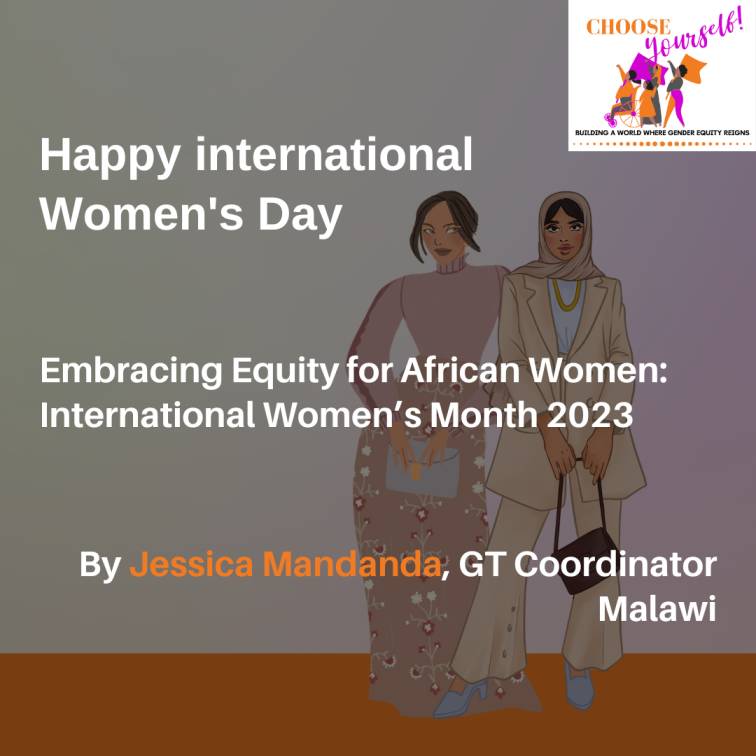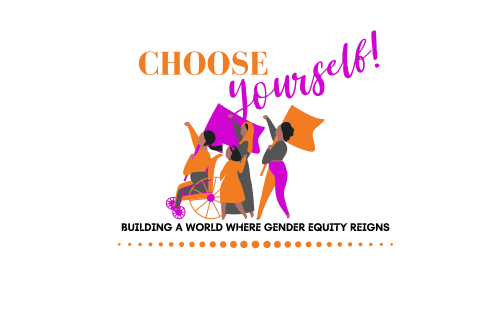And yet another Women’s month comes to be, this year placing emphasis on equity, and digital innovation for women- and perhaps equity in the digital innovation and technology.
While there is plenty to discuss on Digital innovation and inclusion, including the reality that the digital space is slowly proving to be a growing threat to women and girls globally-both in terms of lack of access, discrimination and violence, and being a tool to perpetuate all of these challenges, let us take a moment to place focus on the 2023 International Women’s Day theme.
This year, we return to the discussion on Equity, with the running theme being Embrace Equity. The global campaign suggests kindly that we gesture our participation and support of the theme by giving ourselves a huge embrace, signifying our stance towards Equity for equality.
In theory, equity is the goal we should be aiming for, however, we cannot embrace equity without understanding and addressing the moments of historical regression we also find ourselves in, in particular, as embedded in the experience of Black women, and African Black women, who are yet again, carrying the burden of healing a broken society.
Beginning from the atrocious violations of human rights as imposed in the United States, i.e. Black Lives Matter and the Overturning of Roe V. Wade, all the way to the arrest of Zambian Feminists as they protested against Violence against women and girls, there seems to always be a moment of pause to take us several steps back.
Equity, is defined as the recognition that each person has different circumstances, and allocates the exact resources and opportunities needed to reach an equal outcome. And in the context of this piece, means recognizing the depth of the systemic, societal and domestic oppression of African women, allocation of adequate resources and opportunities to alleviate the oppression. This includes rewriting history through the education system and awarding reparations in the form of human rights and bodily autonomy.
The theme for this year also clearly points out why simply saying equality, and equal opportunities is not enough, because equality and equal opportunities assumes that all women exist on the same playing field. This disregards the experiences of groups of women including Black women, women with disabilities, elderly women, girls, women with albinism, LBTIQ+ Women, and women who embody many intersections in the many diversities.
And perhaps that has been the primary challenge towards achieving Equality, so we find ourselves at odds with the question of how to achieve equity in a world that remains designed to maintain the oppressive state of life.
In a true sense, there can never be one answer to such a grand question, however, we can begin to answer parts of it, starting with creating safe spaces, virtually and physically, to allow for our experiences as African women to be shared.
We can not forge forward without going backwards and what we are experiencing now, the leap towards equality, without having understanding the history of the inequality in the first place.
And so this Women’s month, take a moment to learn about the history of the women’s movement in your country, to learn and understand why it was started in the first place, and if not in a formalized way, learn about how women organized and what they fought for.
Take it as an opportunity to learn the challenges, key lessons, wins and losses that will define how you organize and advocate this year.
On that note, Happy Women’s Month.
By Jessica Mandanda, GT Coordinator, Malawi.


